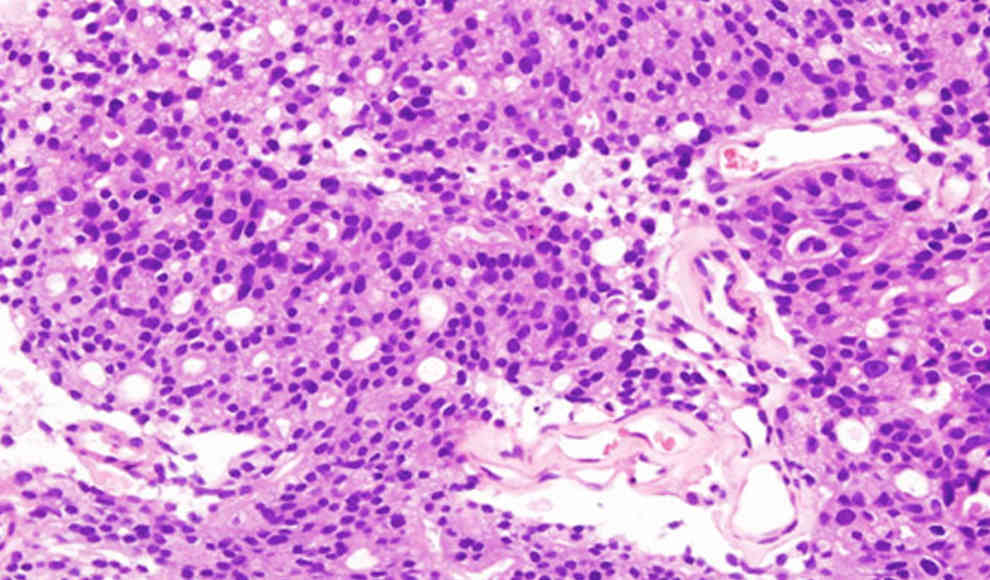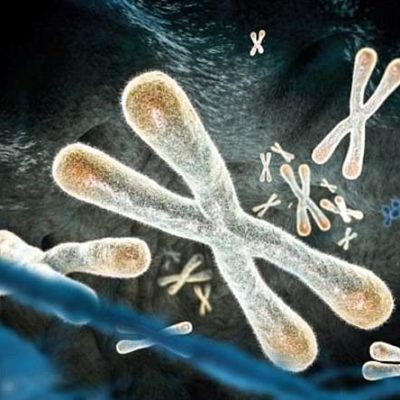Prostate cancer is the most common cancer among men, affecting mostly older individuals but also younger men. A team of researchers from Germany has discovered that a genetic shift in young men is the trigger for prostate cancer. The German research team, led by Joachim Weischenfeldt from the European Molecular Biology Laboratory (EMBL) in Heidelberg, has discovered a genetic mechanism that plays an important role in the development of prostate cancer in young men. According to the Robert Koch Institute (RKI), prostate cancer is the most common cancer among men in Germany. In 2008 alone, about 63,440 men were diagnosed with prostate cancer. The researchers estimate that the number of new cases will increase to about 67,700 in 2012.
The researchers found that a specific receptor that binds to the sexual hormone testosterone is highly active in the tumors of younger patients. This receptor changes several genes that promote the development and growth of cancer. The genetic makeup of the tumors of older prostate cancer patients showed mainly anomalies that were not related to the increased activity of the receptor. The researchers confirmed their findings in a subsequent study of 10,000 patients. The researchers plan to investigate the role of testosterone in cancer development in further studies.
The discovery of the genetic mechanism that triggers prostate cancer in young men is a significant breakthrough in cancer research. However, further studies are needed to determine whether the new findings will lead to measurable progress in patient care. The researchers’ findings highlight the importance of genetic testing and personalized medicine in cancer treatment.










